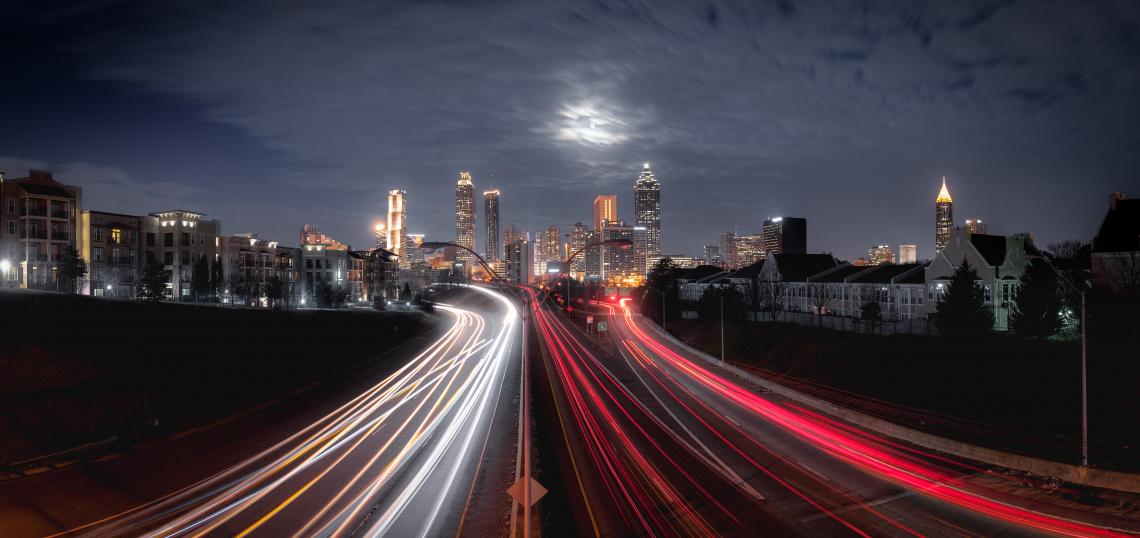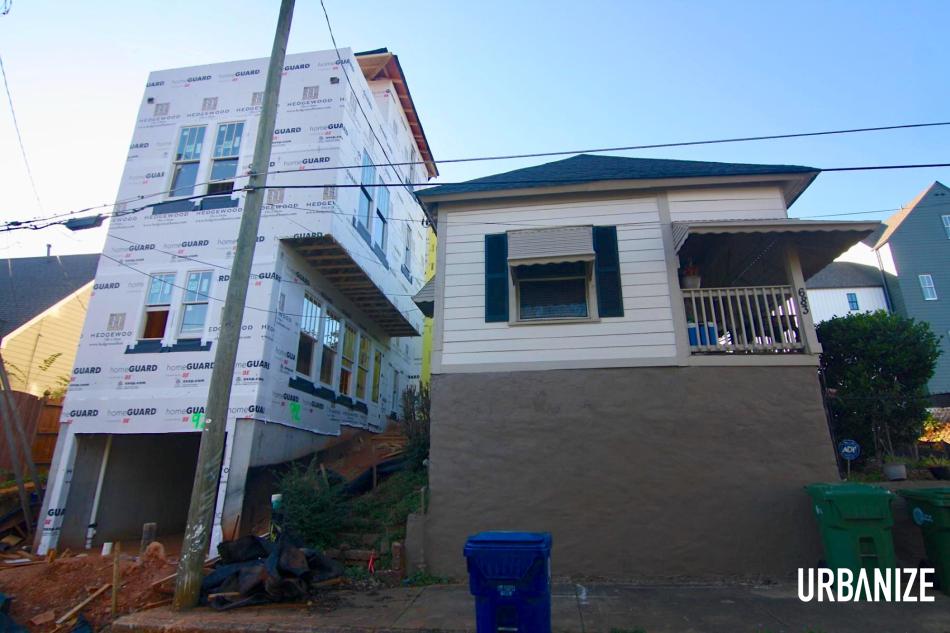When it comes to the urban landscapes of America today, is there a more divisive, subjective, and explosive word than “gentrification”?
Gentrification generally refers to the process of more affluent residents settling in a lower-income area and altering its character. Though gentrification’s roots trace back as far as ancient Rome and Roman Britain, the term still can hold wildly different meanings, though it’s typically considered negative in cities today.
In Atlanta, gentrification is usually synonymous with extraction, eviction, erasure, and the pushing out of lesser privileged residents for pricey housing and things like artisan dog spas with wine-tasting components.
But if we had a buck for every time we’ve heard an Atlantan—across all demographics and age groups, truth be told—use “gentrification” as shorthand for cleaning up neighborhoods and generally making them safer and more vibrant, we’d have at least $89.
So it boils down to differing viewpoints, in the same city. And a simple question: How gentrified is Atlanta today, nearly 30 years after the Centennial Olympic Games swept through, and almost 15 years since a gangbusters, post-recession development cycle began that appears to have no end date?
With one-bedroom rents commonly in the $2,000 range and the city’s median home price now more than $420,000, according to Redfin, the barrier to entry in Atlanta is unquestionably higher than it was a decade ago. But even as a top-six metro market now, the ATL commonly finishes high on rankings of most affordable big U.S. cities.
So we’re gentrified, but not too gentrified?
Let’s hear your thoughts on this hot topic, Atlanta, as another summer in the city dawns. Please take a second to cast a vote in the reader poll below, and the comments will be wide open below that.







